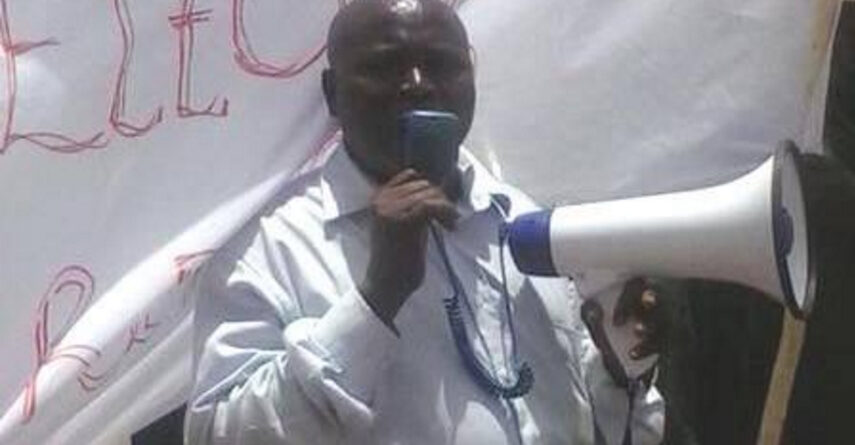Explainer: Honouring Solo Sandeng’s sacrifice
The events of April 14 & 16, 2016, were a dark chapter in The Gambia’s history. Ebrima Solo Sandeng, an organising secretary of the opposition United Democratic Party, led a nonviolent protest, demanding electoral reforms and justice. This was a period when the dictatorship was at its peak. The Gambia’s former dictator president, Yahya Jammeh, was holding on to power with an iron fist ahead of the December 2016 elections.
The protestors received a hostile welcome from the Police Intervention Unit (PIU) officers. About 27 UDP members were arrested and taken to the PIU headquarters in Kanifing. Solo Sandeng was arrested alongside Nogoi Njie and Fatoumatta Jawara.
Individuals identified as leaders of this group were taken to the National Intelligence Agency (NIA), whilst other arrestees were transported to the Mile 2 Central Prison. At the NIA, Solo Sandeng was subjected to gruesome torture at the NIA, ultimately resulting in his death.
News of Solo’s death reached the United Democratic Party leadership on April 16. In the early hours of the morning that day, the party leader, Ousainu Darboe, broke the news of Solo’s death to his family. Later that day, the party staged a protest, demanding that Solo be produced “dead or alive”. Again, PIU clamped down on the protesters, beating them with batons. About 21 supporters, including Ousainu Darboe, were arrested and convicted and eventually released after the 2016 presidential elections.
“It’s disheartening to know your father has been beaten to death, and the only thing you can do that day just protests and ask for his body,” said Fatoumatta Sandeng, the daughter of the late Solo Sandeng and founder of Solo Sandeng Foundation, in a Human Rights Watch interview.
Solo’s family went on exile to neighbouring Senegal after his disappearance. In April 2017, his family launched the Solo Sandeng foundation in honour of the late martyr. The non-profit organisation focuses its advocacy on security sector reforms.
Concerning Solo’s death, a Human Rights Watch report dated November 2, 2016, cites an interview Yahya Jammeh did on May 29, 2016, saying, “People die in custody or during interrogations; it’s really common. This time, there is only one dead, and they want investigations. No one can tell me what to do in my country.”
In June 2016, lawyers representing Solo Sandeng filed a habeas corpus. In a court affidavit, the State admitted that Solo Sandeng was dead. According to the Human Rights Watch report referenced above, “shock” and “respiratory failure” were cited as causes of his death.

